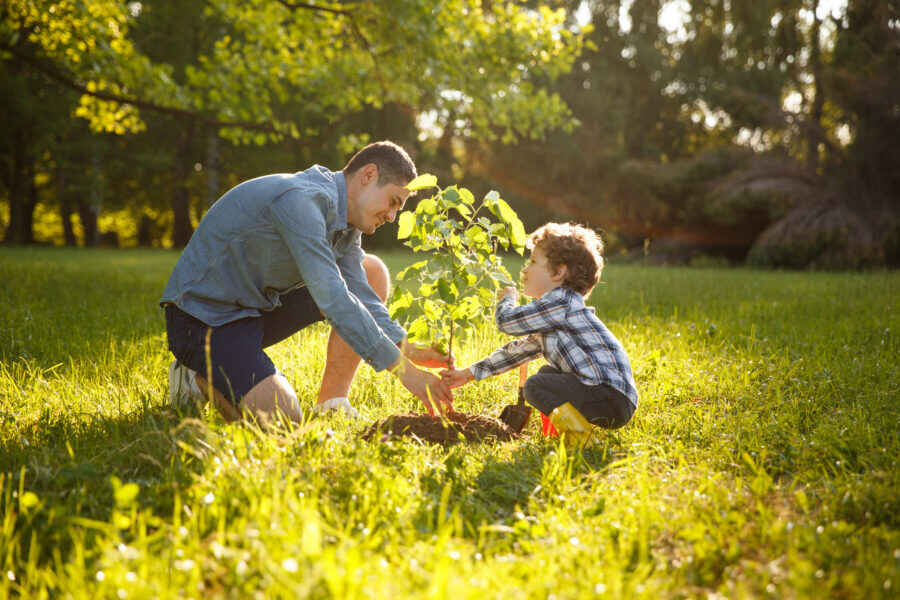
Law and Policy Pathways: Community Adaptation to Climate Change
PathwaysEnvironment, Climate and HealthClimate Change, Health and Equity (CCHE)Mechanisms for Advancing Health EquityCommunity adaptation is a process communities utilize to lessen the impacts of climate change locally. Community adaptation policies provide cooling and shade, reduce air and water pollution, mitigate the effects of flooding, and reduce health disparities. Implementing effective community adaptation policies that center health equity involves more than public health departments – it involves housing, energy, transportation, parks and recreation, and other agencies, with community engagement in each step of the process. Community adaptation will continue to be critical to ameliorating the health impacts of climate change and combatting environmental injustices.

